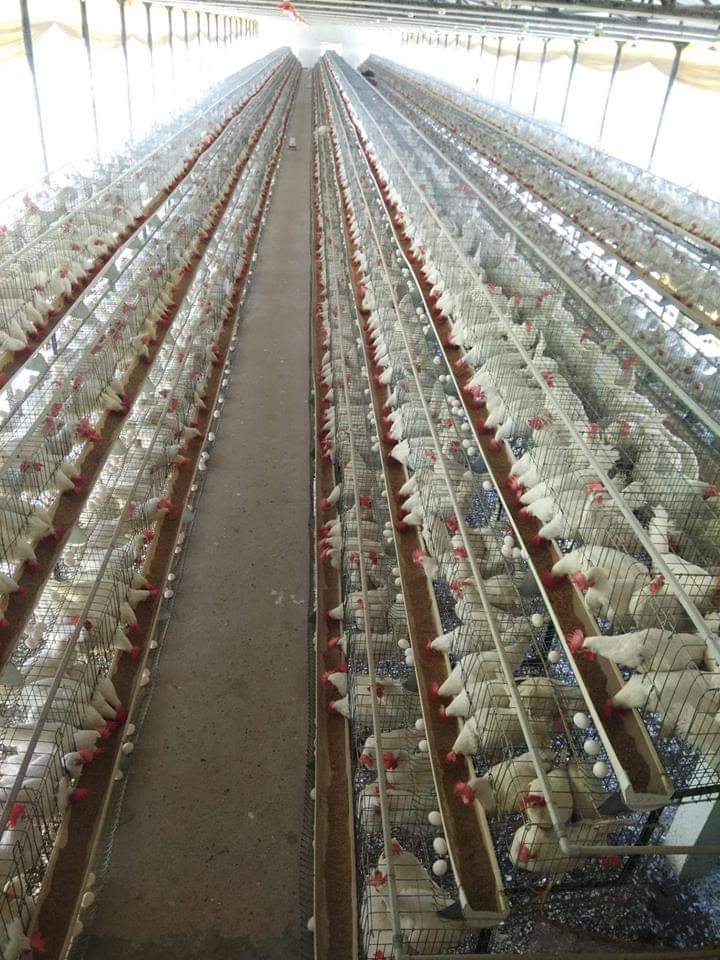Keynote on Phytase use in Poultry
- Phytase was developed to reduce the diffuse phosphorus pollution from intensive agriculture.
- First commercialised in 1991, phytase is now present in over 60% of monogastric feed, and possibly even in a higher percentage of poultry diets,
- Since first commercial utilisation, phytase has mainly been considered to be a tool to increase phosphourus (P) availability/digestibility from vegetable sources and so reduce the inclusion of higher cost P sources.
- Here, phytase releases the P bound in the phytate molecule, increasing the availability/digestibility of this mineral to the animal.
- Thus, increasing the inclusion rate of phytase would be expected to release additional P from the indigestible feed phytate and consequently allow an even greater substitution of higher cost P sources.
- Several trials with higher doses of phytase using diets with normal levels of P have already shown better poultry performance, but this increase of performance was always correlated to an increase in P digestibility even if the diet did not have lower levels of P.
- Phytases are digestive enzymes which release plant phosphorus from phytic acid.
- Monogastric animals lack sufficient phytases to release the phosphorus.
- Adding extra phytases to the diet increases phytate breakdown and consequent utilization of plant phosphorus.
- If more phosphorus is available naturally, then less of this substance has to be added to the diet. This greatly reduces feed costs.
- Correct enzyme:
a) The concept of using phytase at high doses to reduce the anti-nutritional effect of phytate means that there is an opportunity to redefine nutritional knowledge.
b) When using a high dose of phytase to reduce or eliminate the anti-nutritional effects of phytate, special attention needs to be paid to the choice of the correct enzyme.
- OptiPhos plus of Huvepharma is the latest generation of Phytase :
a) Fast phytase in the market: highest source of inorganic phospate sources thus reducing feed cost.👍
b) Leads to quick release of phosphorus.
c) intrinsic thermostable phytase and is stable in temperature exceeding 85 * C👌
d) broader PH activity
e) in superdosing enhances performance
f) Better return on investment than competitive products.
By-Dr V. Rajendra Prasad
Poultry Consultant


